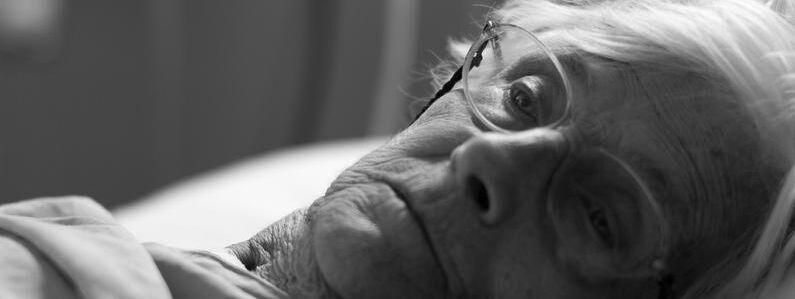Assisted Suicide
Tragic story highlights need for more palliative care

Tracey Bennett struggled to access night-time care for her dying father and has told the BBC that he ‘shouldn’t have been expected to die in office hours.”
Her dad, Michael, was in the final stages of cancer. He had a fall at night and when Tracey dialled the local NHS palliative care helpline, it was closed.
According to research, 70 per cent of the UK does not have a 24-hour helpline for people who have a terminal illness.
Marie Curie research found 27% of these areas don’t even have a designated phone line.
Researchers from Kings College London, the University of Hull and University of Cambridge, meanwhile, found that ‘out-of-hours palliative care is currently inadequate and fragmented.’
On a more positive note, retired nurse Rosie Carter, 67, from Liverpool found that access to a 24-hour helpline has transformed her quality of life.
She contacted the Impact service, an integrated service made up of NHS doctors, specialist nurses and therapists and patients can self-refer via the 24-hour helpline.
Lead researcher Professor Katherine Sleeman said: “Because we know that demand for palliative and end-of-life care will increase over the next decade, it is essential that the gaps in services out of hours are addressed.”
How does palliative care work?
Palliative care is specialist, holistic care which addresses the various needs of the patient: from pain relief, to emotional, mental, and spiritual needs.
It was pioneered by a Christian, Dr Cicely Saunders, and experts say it can control nearly all pain symptoms.
CARE has supported legislation in the past to improve access to palliative care and last year, Baroness Finlay secured an amendment to the Health and Care Bill which means patients in England will have a legal right to palliative care.
Sadly, in counties where assisted suicide is legal, investment in palliative care often decreases.
Read more
Share
